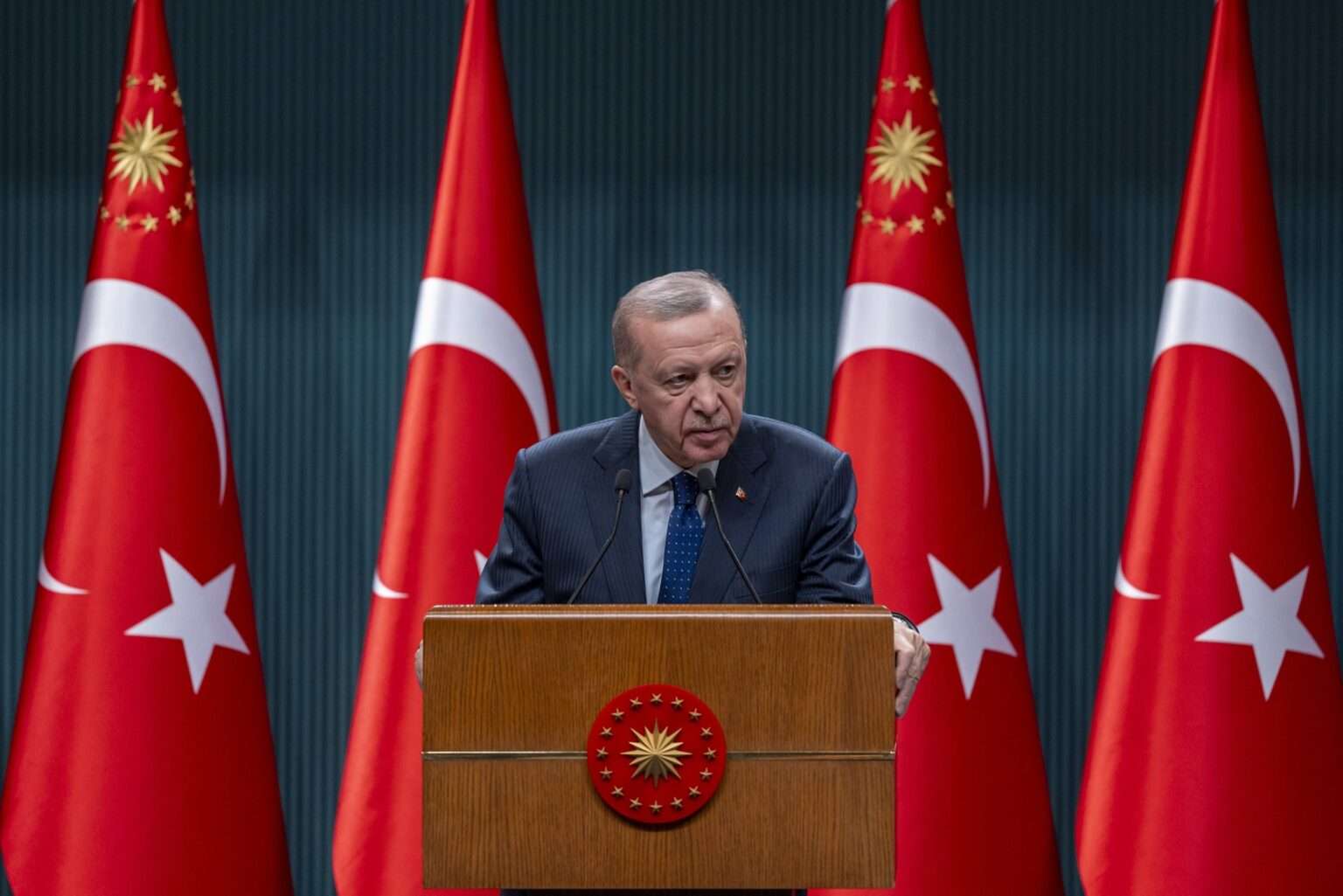Turkey-EU Relations: A Complex Dynamic
For over six decades, Turkey and the European Union have navigated a complex relationship marked by both progress and setbacks. Turkey’s EU membership remains a distant reality despite significant efforts to meet the established criteria. Political, diplomatic, regional conflicts, and cultural differences are major hurdles to overcome.
Turkey’s commitment to strengthening these ties peaked in 1987 with its formal application for full EEC membership, later transitioning to the EU. However, a critical observation is that Turkey does not genuinely appear interested in resolving its territorial disputes with Greece or ending its occupation in Northern Cyprus, while simultaneously seeking favourable relations with the EU. This contradiction suggests Turkey’s interest in the EU may be primarily transactional rather than based on shared values.
Military Power and Arms Market Strategy
Türkiye, with NATO’s second-largest army and a Black Sea coastline, is positioning itself as a key player in Europe’s security. Its military controls access via the Bosporus and counts 373,200 active troops and another 378,700 reservists, many with combat experience in northeastern Syria and northern Iraq.
Turkey’s defence industry exports have grown by 29% to reach $7.1 billion in 2024, placing it 11th in global defence exports. The Bayraktar TB2 drones have been sold to more than 25 nations, including EU members Poland and Romania. This suggests Turkey’s primary interest in EU relations centers on establishing itself as a defence supplier to European markets.
This arms-centric relationship mirrors Turkey’s approach with Pakistan, where the focus has been predominantly on weapons sales rather than balanced economic partnership. Pakistan’s exports to Turkey recorded a cumulative annual decline of 0.04 percent from 2013-2017, while during the same period, imports from Turkey increased by 0.12 percent. Turkey appears to prioritise countries as markets for its defence products while offering limited reciprocal economic benefits.
Russia-Ukraine Conflict Positioning
Türkiye’s careful navigation between Kyiv and Moscow has placed it in a diplomatically advantageous position. While maintaining a formal stance aligned with the U.N. Charter on Ukraine’s sovereignty and territorial integrity, Ankara’s practical policies have been markedly balanced. Türkiye has supplied Ukraine with combat drones and naval vessels while simultaneously preserving economic and diplomatic channels with Russia – remaining notably the only NATO member not to join sanctions against Moscow.
This deliberate balancing act, while presented as constructive neutrality, has allowed Türkiye to enhance its diplomatic profile while preserving its economic interests. Ankara’s offer to deploy troops to Ukraine as part of a peacekeeping mission “if deemed necessary” carefully positions Türkiye as a potential conflict mediator without committing to specific actions that might jeopardize its Russian relations.
The Antalya Diplomacy Forum ( ADF) : Image-Building Exercise
The fourth Antalya Diplomacy Forum( ADF) held in April 2025 offered Turkey opportunities to present itself as a global actor capable of bringing together representatives from nearly every nation. Beyond international recognition, the forum served as a platform for President Erdoğan to project himself as a world leader capable of solving international crises.
Significantly, Turkey used the forum to introduce Ahmad al-Sharaa, the Syrian interim president. This move aligns with Turkey’s internal priorities regarding Kurdish security concerns and refugee management rather than genuine Syrian sovereignty. Turkey’s involvement in Syria primarily serves to address its Kurdish issues and manage the refugee situation rather than promote Syrian self-determination.
Selective Advocacy on Muslim Issues
President Erdoğan has positioned himself as a steadfast advocate for Muslim causes—voicing strong support for Palestinians and raising concerns over the situation in Kashmir—this advocacy reveals a notably selective pattern. Türkiye has remained conspicuously silent on the persecution of Uyghur Muslims in China, a silence widely interpreted as a reflection of its deepening economic ties with Beijing. Equally absent is meaningful criticism of human rights violations against Alawites, Druze, Ahmadis, and Kurds within Turkey’s sphere of influence. Despite its vocal stance on certain issues, the country’s criticism of Hamas’s terrorist activities and Kashmir-based terrorism remains muted, suggesting that geopolitical calculations—rather than consistent humanitarian principles—guide Ankara’s foreign policy.
Türkiye’s interventions in Syria and Iraq, framed as regional security efforts, are primarily focused on Kurdish containment and refugee management rather than broader humanitarian aims. These inconsistencies align with a larger strategic agenda: reinforcing President Erdoğan’s image as a global Muslim statesman.
Domestic Political Realities
President Recep Tayyip Erdoğan, in power since 2003, faces constitutional term limits in 2028, though many observers anticipate efforts to amend these restrictions. Recent developments suggest growing authoritarianism, including the arrest of Istanbul mayor Imamoglu, a prominent opposition figure, just before the Republican People’s Party’s open primary.
This arrest has triggered widespread protests across Turkey, challenging Erdoğan’s carefully cultivated international image. While projecting leadership in Muslim affairs and European security on the global stage, domestically Erdoğan appears focused on eliminating political opposition ahead of future elections.
Conclusion
Turkey’s foreign policy architecture reflects profound strategic contradictions that merit closer examination. As Erdoğan cultivates international partnerships, the pattern of prioritizing defense market access over resolving territorial disputes with EU members, selectively advocating for certain Muslim causes while remaining silent on others, and maintaining democratic rhetoric internationally while restricting opposition voices domestically reveals the calculated nature of Turkey’s geopolitical positioning. This framework of selective engagement across multiple spheres raises legitimate questions about the underlying motivations driving Turkey’s regional ambitions and the sustainability of its current diplomatic approach.

